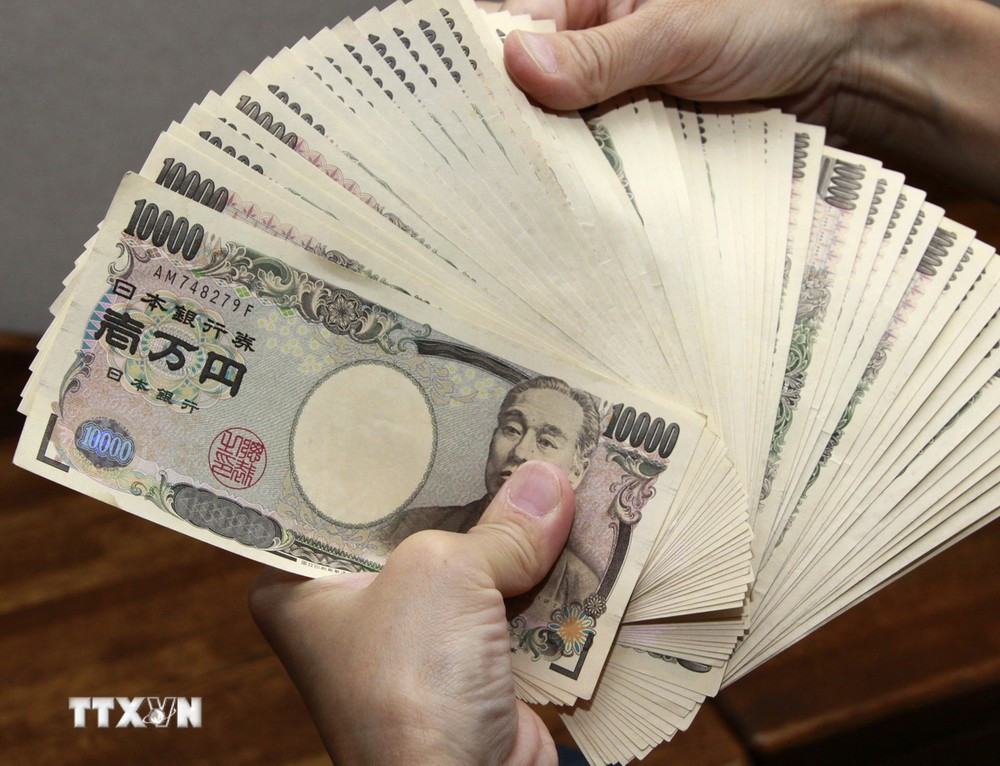By sector, monthly wages in the mining and quarrying sector fell the most by 10.5%, while the construction sector recorded the largest increase of 5.7%.

Real wages in Japan fell 0.7 percent in April from a year earlier, marking the 25th consecutive month of decline - the longest stretch of decline since Japanese authorities began keeping records in 1991.
The decline was smaller than the revised 2.1 percent decline in March after many major companies raised wages in the latest annual wage negotiations this year, the Ministry of Health, Labor and Welfare said in a report released on June 5.
However, it remains unclear when inflation-adjusted wages will rise again, as prices are expected to rise for food and other items due to higher raw material costs and a weaker yen.
By sector, monthly wages in the mining and quarrying sector fell the most by 10.5%, while the construction sector recorded the largest increase of 5.7%.
Nominal wages, which are the average total monthly cash income of workers including basic pay and overtime pay, rose 2.1 percent to 296,884 yen ($1,910), the 28th consecutive month of increase, according to the Ministry of Health, Labor and Welfare.
Excluding bonuses and unscheduled payments, the average salary rose 2.3 percent to 264,503 yen, while overtime and other allowances fell 0.6 percent to 20,181 yen.
The average nominal monthly wage of full-time workers rose 2.0 percent to 378,039 yen, while that of seasonal workers rose 2.0 percent to 108,358 yen.
Japan's core inflation continued to rise in May due to rising utility costs, the government reported on May 31.
Tokyo's core consumer price index, which excludes volatile fresh food prices, rose 1.9 percent in May from a year earlier, up from a 1.6 percent gain in April. That was due to rising utility costs related to the push for renewable energy, with electricity bills rising for the first time in 16 months, up 13.1 percent from a year earlier. Meanwhile, food prices excluding fresh produce rose 3.2 percent, unchanged from the previous month.
In order to reduce the inflation burden on households, the Japanese Government has begun implementing a program to reduce personal income tax by 30,000 yen and residence tax by 10,000 yen per individual, equivalent to a total tax reduction of 40,000 yen (about 255 USD) per person from June 1, 2024.
TH (according to Vietnam+)